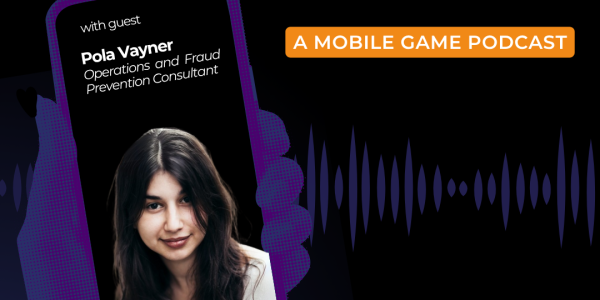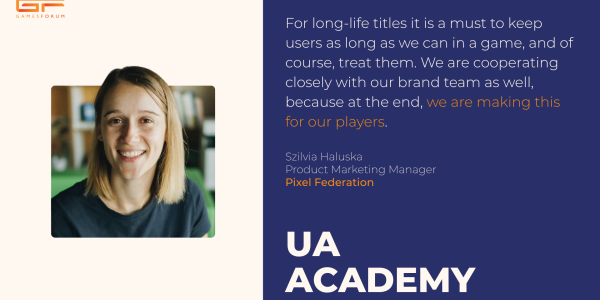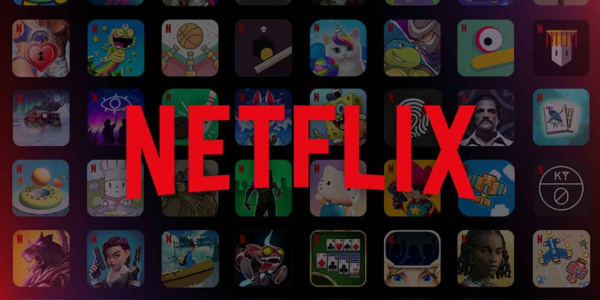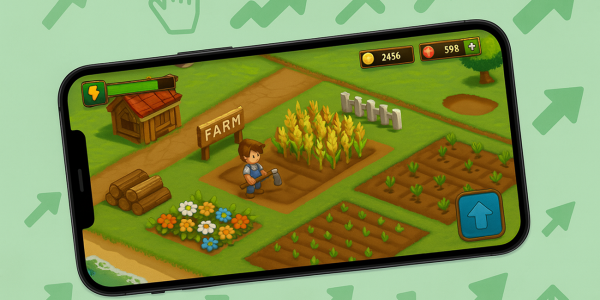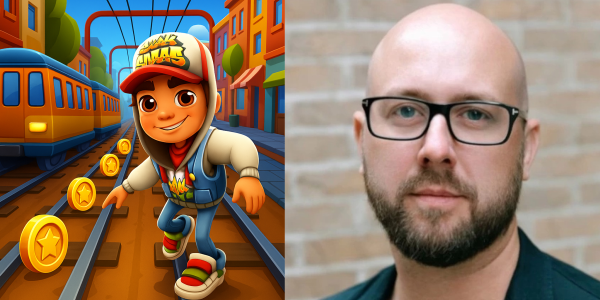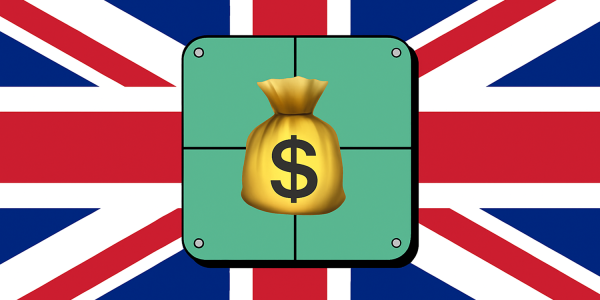How Are Apps Beating Us At Our Own Game(ifaction)

Let’s cut through the b*ll*cks: if you’re building a mobile app in 2025 and you haven’t started ripping pages out of the gaming playbook, you’re already playing catch-up on ones that are.
Duolingo didn’t just change how people learn languages, it changed how apps think about retention. When I first started using it 6 months ago it was purely to investigate the hype, and unintentionally I’ve now got a 160 day streak and yearly membership.
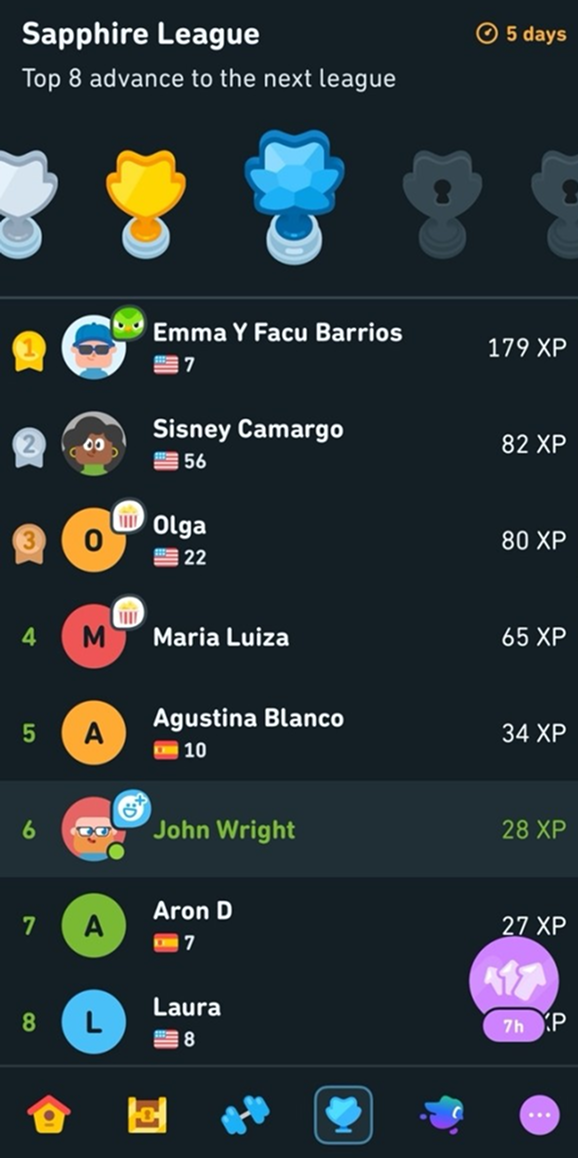
Equally when they showed up at GDC this year with a full booth recruiting game designers, I knew we’d crossed a line. Gamification isn’t a gimmick anymore, It’s the industry growth strategy.
The Duolingo Effect
Six months ago, potential consultancy clients started hitting me with the same line: “We want to be the Duolingo of X.” Back then it sounded ambitious. Now? It's happening across multiple verticals.
Whether it’s fintech, fitness, or education, every category is waking up to a simple truth we’ve known in games for years: human behaviour follows loops. Reward the loop, make the loop visible, create pressure not to break it and boom: you’ve got retention.
Just ask Revolut. They went out and hired ex-King and Playrix talent to drive UA and growth. And it's working. They’re not just scaling, they’re coming for your players and they’re coming to stake their claim in the attention economy. Because they get it: games figured this stuff out a decade ago!
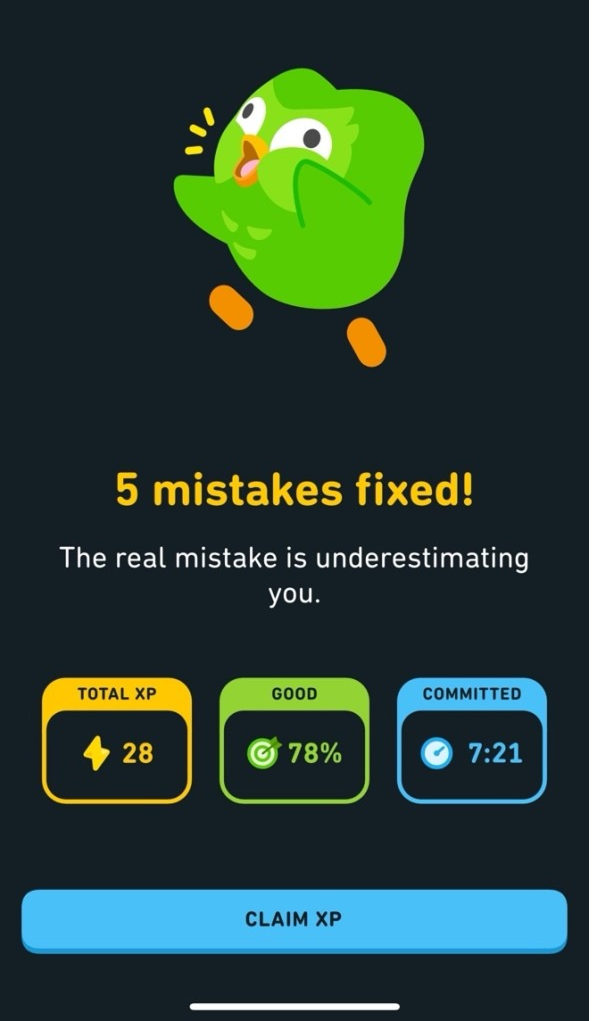
Gaming’s Greatest Retention Drivers Re-Imagined
One of the clearest signs that gamification is reshaping the app economy is the quiet migration of proven game mechanics into everyday non-game products. Daily streaks have become the norm in language, finance, and fitness apps, tapping into our fear of breaking a habit, which again Duolingo really hung its hat on in the earlier days. Experience systems and tiered levels are being used to make invisible progress feel tangible, whether you’re earning cashback upgrades or tracking workout milestones. Even loot box-style randomness is showing up as surprise perks and variable rewards, playing straight into the dopamine-driven psychology that games have leveraged for years.
Not to mention my personal favourite, leaderboards, because who doesn’t like competition? I’ve been using the Marchon App for a few months now and every day for select exercises I see hundreds of people entering what they lifted for select exercises, and guess what? It pushes me to do more, why? Because I want to feel like I’ve succeeded, and is this not the basics of PvP or competitive gaming?
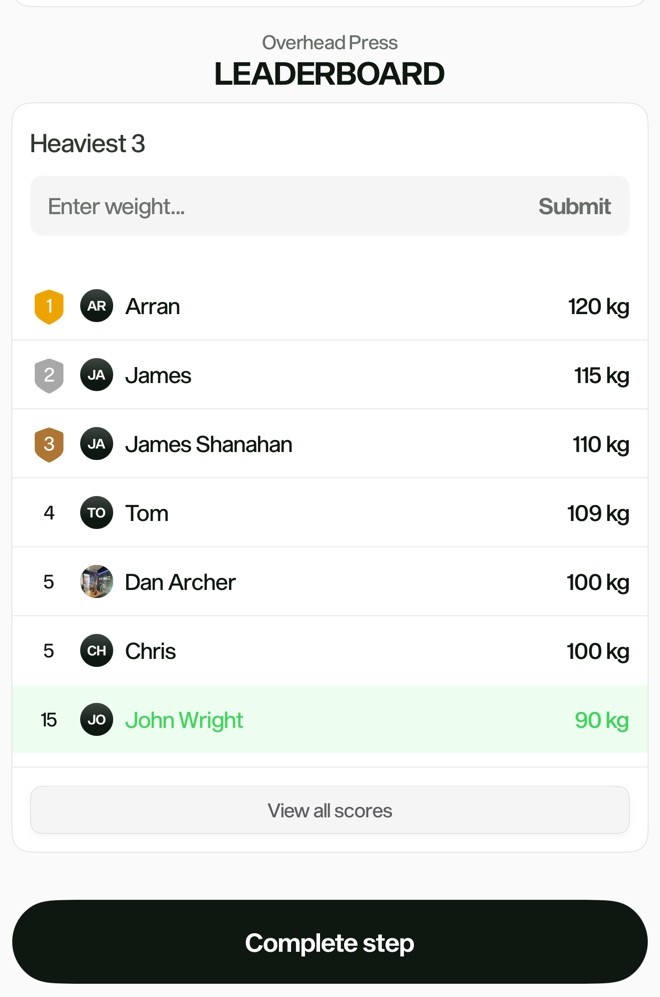
And then there’s live events, those limited-time quests that once drove midcore engagement are now showing up as savings sprints, productivity challenges, or sporting competitions. What’s wild isn’t that these mechanics work, they always have. It’s that non-game companies are implementing them with laser focus, often hiring game designers and PMs to do it right. The result? Better retention, faster user growth, and a subtle but very real shift in where the best behavioral design is happening.
The Data Doesn't Lie: Games Are Leaking Retention
Let’s talk numbers for a minute, and thank you to my good friend Dima (Dmitriy Byshonkov) for putting this report together and saving me a lot of time putting this together myself.
So here’s something that’s not getting enough airtime in our space, and I think it’s intentional:
This is Day-30 retention in mobile games, globally, over the past few years:
- 2022: ~6%
- 2023: ~6% (flat but concerning)
- 2024: ~5%
- 2025: Below 3% (yes, really)
As you can see, that’s a significant drop, and I think alot of people would have probably said it would have gone the other way because of the adoption of hypercasual in 21/22, meaning more games that only had D7-14 retention and not the other way around.
A few interesting points that give you an idea of what we’re having to face in non-games, and the attention economy:
- Duolingo has over 20M DAUs, how many games have that?
- Revolut has 55M+ users and now runs limited-time “missions” to nudge usage.
- Notion tested streaks and saw a 17% jump in weekly active users.
- Netflix streamed 183B hours in 2023, up 14% YoY, making it the most-watched platform globally.
- Disney+ viewers logged 55.6B minutes on Bluey alone in 2024 (I am pretty sure that 10% of this comes from my kids), topping all streaming titles for the year.
That’s the crossover moment right there. Apps are learning from games faster than games are learning to evolve.
Gaming’s Talent Drain and The Layoff Opportunity
Another signal I’m seeing is that UA and growth talent are being poached. Why? Because the skill set we honed in F2P, LTV modeling, user segmentation, live ops, churn analysis etc, is now gold in app land.
I’ve seen three product managers I know who worked on casual puzzle and midcore games get scooped by Fintech and Food Delivery firms in the last year. Ultimately they’re paid more to optimize conversion funnels with less friction, better hours and more security. Let’s not pretend that all the layoffs haven’t hit peoples confidence about a future in gaming, the recent 9000 layoffs across microsoft pretty much hit everyone in the industry in one way or another.
To sum up, If you’re a studio, in today’s gaming industry, you need to not just be aware of other studios cherry picking talent but also app providers.
So, What Happens to Games?
Let’s be clear. This is not some cute little cross-industry trend. This is a shift in how products compete for user attention. And it’s already impacting the games business in three big ways:
- Rising Player Expectations
Players now expect personalized rewards, streak-saving, and multiple event cadence, not just “fun.” If you’re not shipping live ops like it’s your job (because it is), you’re invisible. Users also are becoming ever more used to personalisation, over segmentation, if you don’t get people exactly what they want, someone else will. - Higher Bar for UA
The “throw it on AppLovin and watch it scale” model is drying up. The attention economy is brutal, and you’re now fighting Duolingo, Headspace, Strava and Linkedin for time-on-device. - Monetization Pressure
With retention dipping, your ability to monetize drops too. CPMs fall, IAPs soften. If your game isn’t retaining 20% by D7, or 10% by D30, it might not even be worth scaling and that’s a sad truth.
What’s Next?
Let’s fast forward. Here’s where I think the frontier of gamification is heading:
- Adaptive loops: Apps will tune difficulty on the fly (Duolingo already does this, and I hate it). Expect to see this in mental health, fitness, even productivity tools. Equally signposted hard levels made famous by Rollic are coming.
- Cross promotion economies: Think: you earn points in your finance app and spend it on travel rewards in another, that they have a commercial agreement with. We’re going to see reward systems and maybe even SDKs for them over time. This is a wider take on your traditional cross promotion strategy, and most relatable to Apple “One” in the app ecosystem.
- Mixed-reality gamification: This is probably years off, but I recently rewatched Minority Report with my wife, and I can see a world where people with their Vision Pro’s and its ilk will turn everything from house chores to commuting into retention loops. “Close your rings” for today, here’s a reward / ad with a benefit for doing so.
TL;DR:
For app founders? Bake your retention strategy and loop in to your apps from Day 1, like we do in game design.
For studios? Competition is good, and as my dad used to tell me (about sports) “you don’t get better playing more competition” the idea is simple, competition pushes all of us to be better and grow, gaming is ahead of the curve, that is for sure, and we can’t let apps shorten that gap, it’s time to up our game and put them all back in their place.
For designers? Know your worth, gamification isn’t a novelty, your skills have never been more valuable now and it’s not just studios who want to chat with you.
Studios, through gamers, figured out the best ways to make people come back. Now, the rest of the world is finally noticing. And if we don’t keep evolving our side of the industry, we’re going to find ourselves crying into our headsets, asking how we lost (originally) a one horse race and if we do? It will be because we got complacent and didn’t continue to innovate as quickly as others.
Hear John speak on the Unfiltered Panel at Gamesforum London - tickets are available here.


